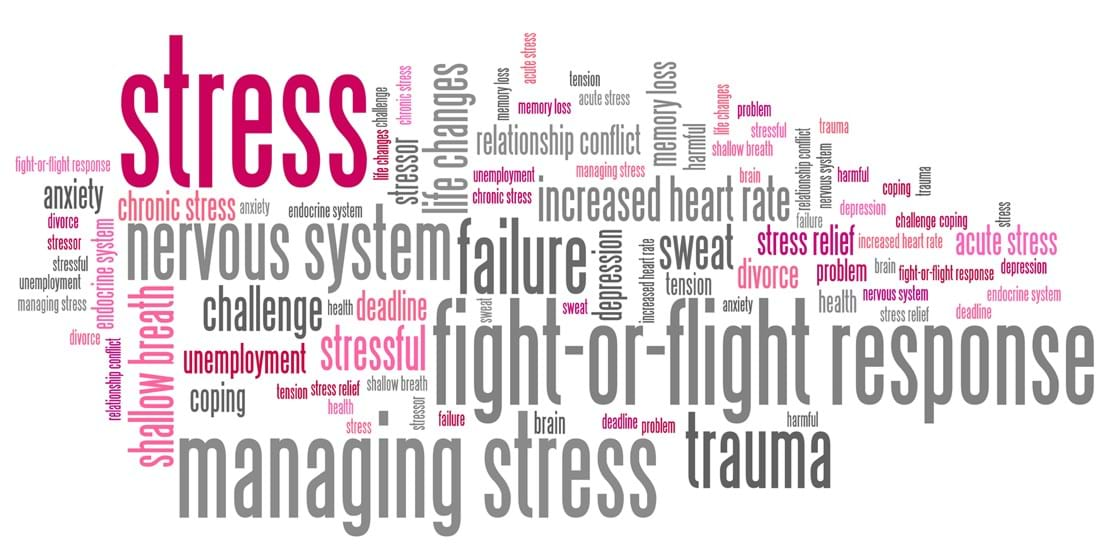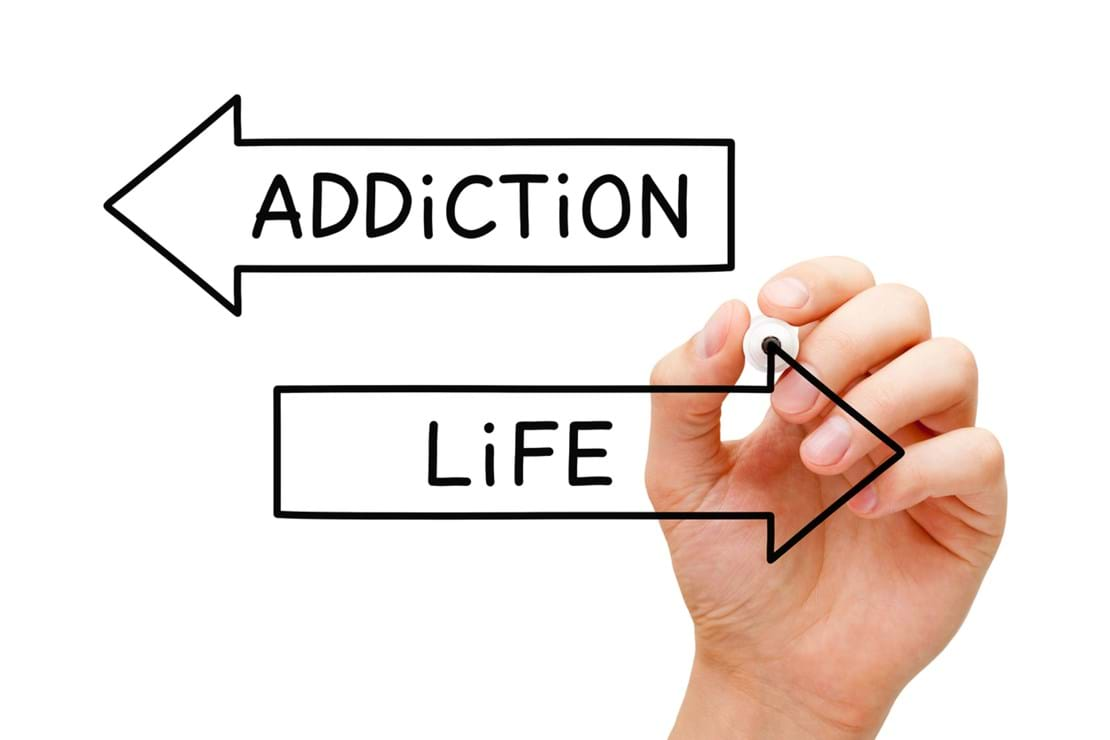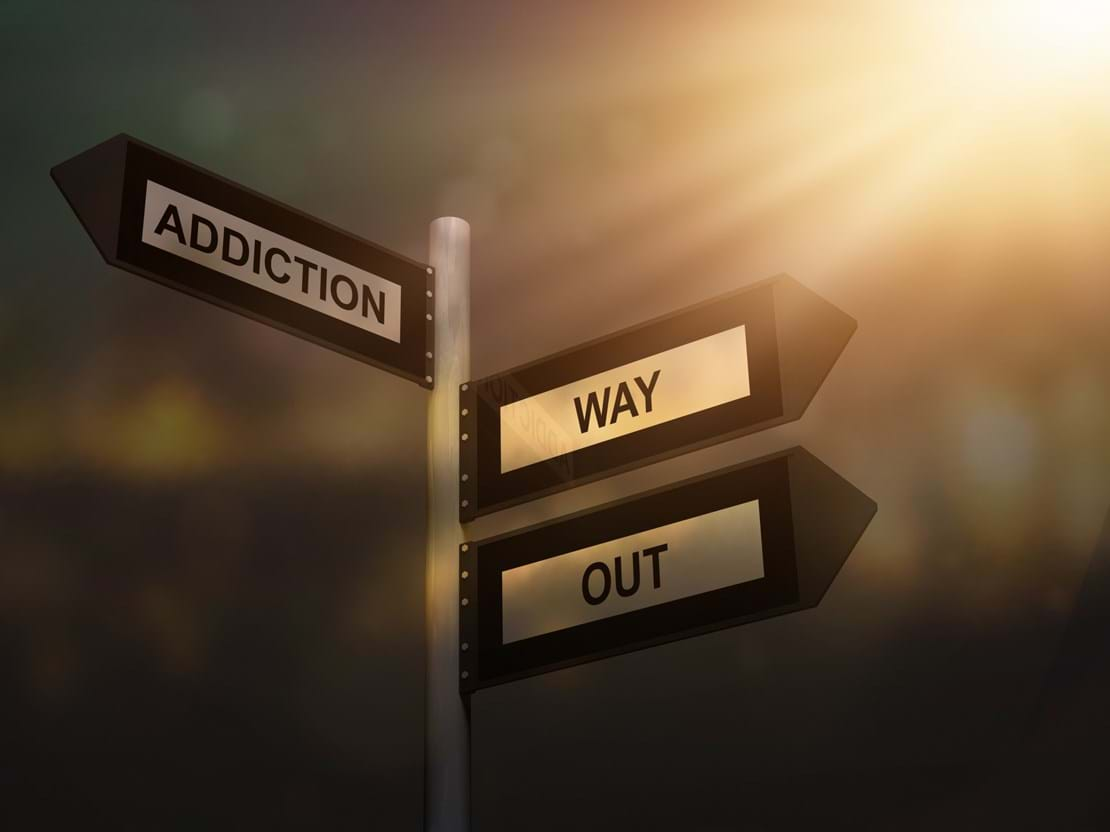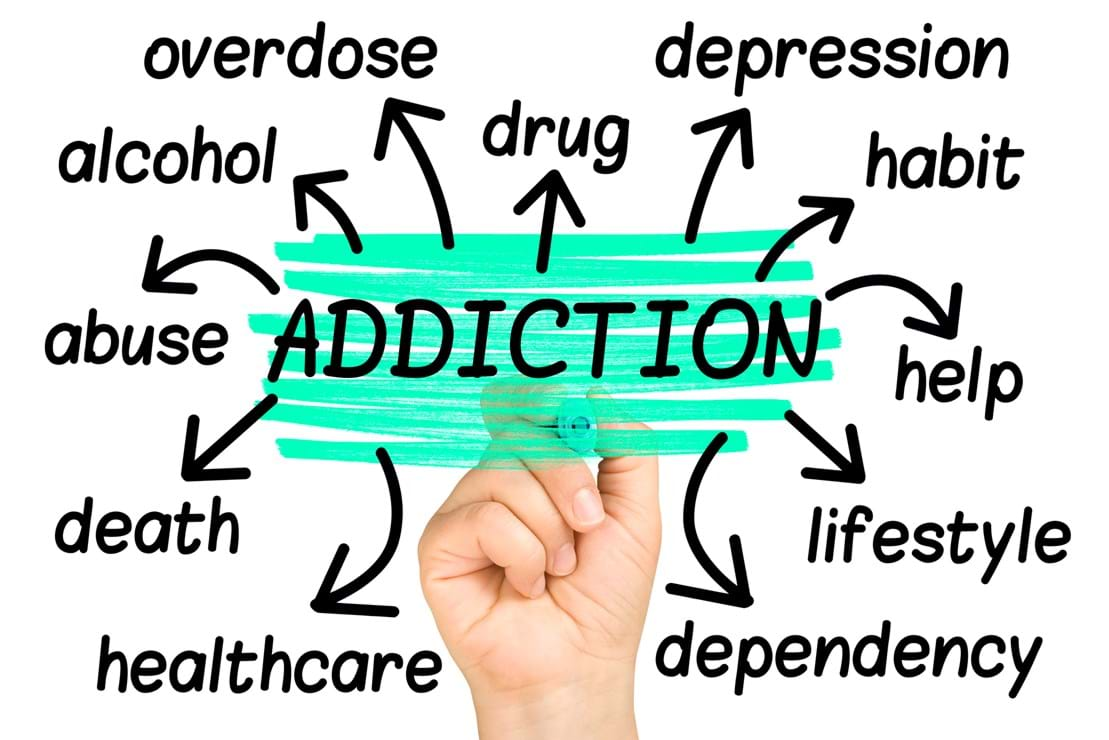Aftercare Support and Recovery Planning
My name is Bridget, and I wanted to put a few words on paper to describe my observations of my best friend and her experience of the rehab at-home program.
The path to drug abuse or addiction recovery is never fully complete without intentional means to forestall relapses. Most people erroneously think there is a quick cure for both cravings and addiction, but no, it is a long conscious process. I mean by this that recovery is possible if the person who requires it sustains the effort.
Although tasking, no doubt anyone can fully recover from drug addiction and substance abuse. And one way to begin this process is to plan/organise your daily routine to eliminate any reminders and avoid places that improve the cravings.
How can you help their recovery?
Apart from TLC, good boundaries around appropriate and inappropriate behaviours and support from family and friends, anyone resuming "life" after rehab benefits from a rigid schedule/structure. The best way to start is to make the home they are coming into supportive, safe and free of all drugs and alcohol.
- Expel any forms of reminder
A simple reminder or whiff can set their minds/brains to several fits of struggle. Such triggers can lead to "strong" cravings that can be hard to quell. The farther they stay from reminders, the better for them. Events like "Open" Parties, Clubbing, Night-outs, and co. can be big triggers.
- Help them engage in physical exercises.
What better way to control the mind than to engage in physical activities? Helping such people to keep busy 'positively' can take their minds off their thoughts and lessen their stress. Why not engage them in biking, replacing a siding, cooking, painting, a trip to the beach, planting a vegetable garden etc.?
- Encourage them in their recovery.
Most times, the individual might need to return for regular therapy and sessions. You should cheer and encourage them; you can offer to drive them, stay with them, and advise them.
Any support you show during this period can be the thin thread between Success and a relapse. Please help them to understand the importance of their therapy.
- Help them avoid certain people or places.
It's a no-brainer that this new step of "recovery" that such an individual has taken has to come with many sacrifices from their past life. Most times, pressures from old chums and circles trigger relapses. When such an individual feels they don't get the support of their family, they turn to their old buddies.
Your helping them avoid certain people should be both assertive and gentle.
- Foster "real" relationships with them
Those on the path of recovery already feel "bad" about themselves. However, it is worse if the person feels the love they are getting from family is "pitied and insincere" Try to form genuine bonds with them, have deep and robust conversations, be kind in your speech, and be patient in your listening.
You can also seek group therapy, accompany them to support groups, and seek professional advice when unsure.
Wrapping Up
Complete rehab and recovery are possible with lots of patience, love, and tact. The arduous process should not distract from the beneficial reward.
Lastly, while caring for a recovering individual, do not give their life the notion of being "monitored." At a point, you have got to trust them and allow them time to themselves.







